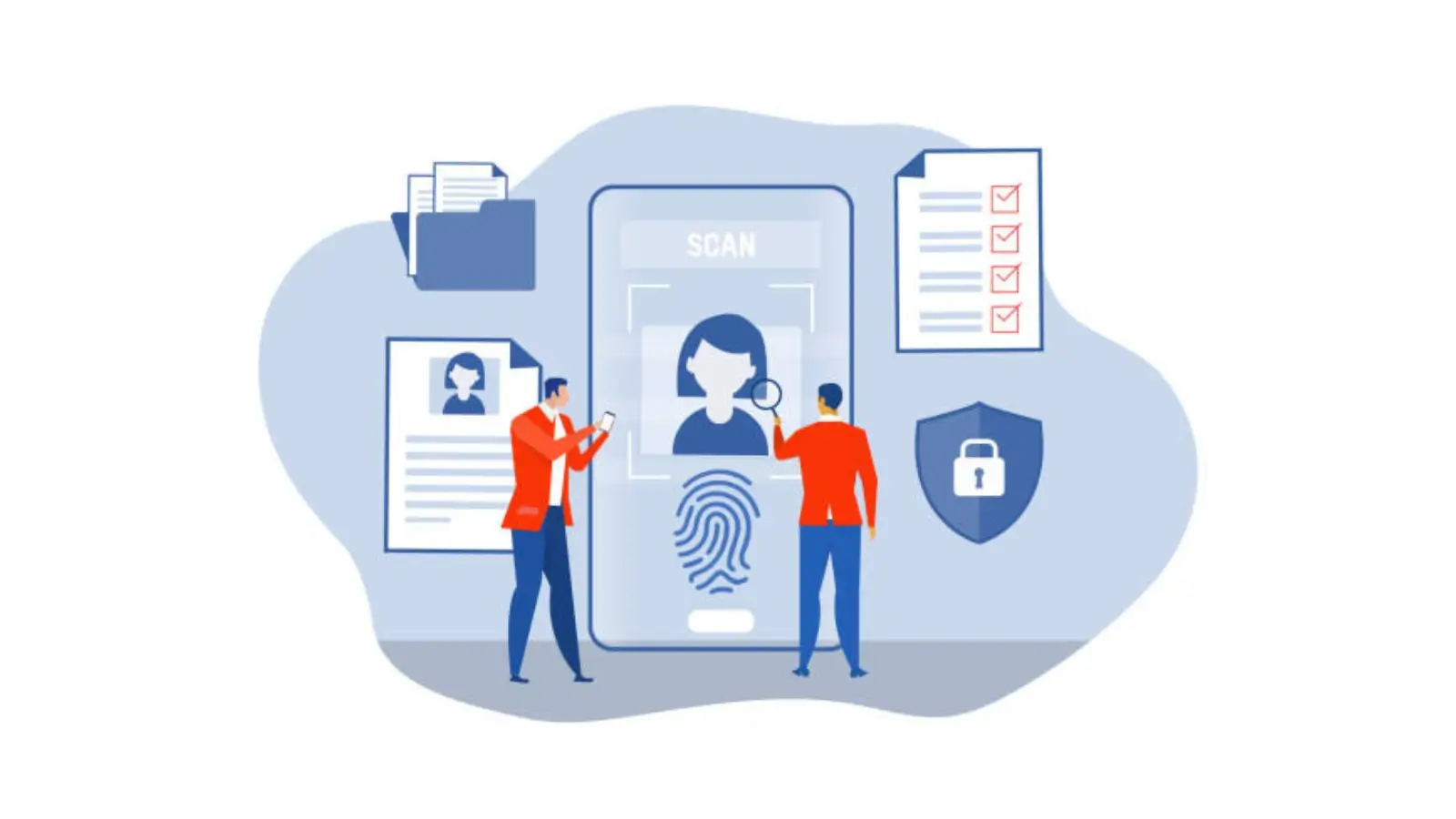In the modern and much digitalized economy, KYC verification has turned out to be one of the most significant mechanisms that prevent identity theft, fraud, and money laundering. Opening a bank account, trading cryptocurrency, or using a fintech app, Know Your Customer (KYC) is a process that verifies your identity as real and that your identity meets the high standards of financial regulations.
This guide tells you what KYC verification is, how the KYC verification process works and how businesses and individuals can leverage KYC verification online.
What is KYC Verification and Why It Is Important
What is KYC in the Digital Age
KYC, or Know Your Customer, is an official procedure of identifying the customer before allowing them to access regulated financial services. It is there to make sure that companies are transacting with genuine people or organizations, and chances of fraud and other illegal practices are kept to the bare minimum.
KYC Compliance and Legal Requirements
KYC compliance is a legal requirement of financial institutions all over the world. The rules assist governments in fighting criminal financing, terrorism funding, and massive fraud. Failure to comply may result in huge fines, loss of licenses, and tarnished reputations.
KYC Verification Process: What is it?
KYC verification is generally conducted in a number of important stages, all of which are meant to guarantee that the identity of the customer is genuine and reliable.
Step 1: Collection of Documents
This starts with the collection of identity documents like passports, national ID cards, or driver's licenses.
Step 2: Authentication of Identity
Financial institutions ensure that the documents supplied by the customer are his or hers, and usually, they have AI-based facial recognition systems.
Step 3: Verification Address
Residence evidence in the form of utility bills or bank statements is necessary to determine the present address of the individual.
Step 4: Biometric Verification
To enhance the security, some companies apply biometric authentication, e.g., facial scans or use fingerprint recognition.
Step 5: KYC Approval and Record Keeping
After all the checks are done, the data of the customer is stored safely to meet the requirements of continual monitoring.
KYC Verification Online: What It Is
Online KYC Authentication
The emergence of fintech has made the process of KYC verification online quick and convenient. Customers are able to upload documents, send a live selfie and complete the process in a matter of minutes instead of visiting a branch.
Benefits of KYC Verification Online
-
More rapid customer onboarding
-
Lower business expenses
-
Improved detection of fraud using AI and automation
-
Better regulatory audit tracking of compliance
KYC Verification challenges
Risks and prevention of fraud
Cybercriminals might also seek to get around KYC with stolen or fraudulent documents even in the face of stringent procedures. Real-time verification, liveness detection, and AI-based pattern analysis are recent features of advanced KYC authentication systems used to address these threats.
KYC Process Common User Errors
Approval can be held up by user errors. These are such as uploading blurred photos, uploading expired documents, or not matching live video photos with ID photos.
Best Practices on KYC Compliance by Businesses
Regulatory Compliance
Financial institutions have the responsibility of reviewing and updating their KYC policies periodically to match the global and local laws. It involves continuous customer due diligence and increased checks on high-risk profiles.
Automated KYC Tools
Automation accelerates the verification process, minimizes human error, and enhances fraud prevention. Companies that adopt AI-based KYC compliance solutions become more efficient and satisfy strict compliance demands.
Conclusion
Verifying KYC is not only a matter of law, but the foundation of trust within the digital financial environment. Individuals and businesses can safeguard themselves against fraud, increase compliance, and secure transactions by adhering to the KYC verification process and take advantage of KYC verification online. With the increasing value of speed and security in 2025, adopting the newest forms of KYC authentication is the most intelligent step in remaining competitive in the financial landscape.
To learn more, refer to the Financial Action Task Force (FATF), the international organization that deals with the anti-money laundering and KYC laws.

















